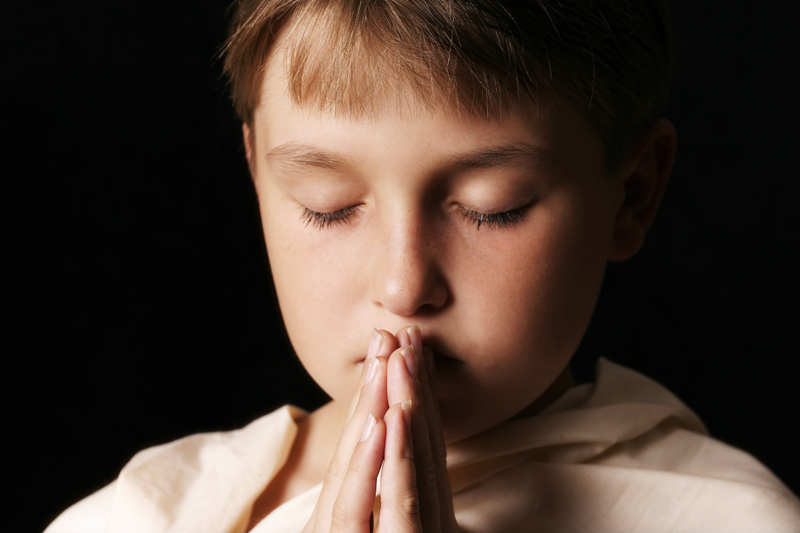Religious Parents Can Be Mixed Blessing for Kids

Whether a religious upbringing is good for children may depend in part on whether mom and dad are married — and if the couple shares the same spiritual beliefs.
A new study of low-income families finds that the benefits of religion aren't the same across all families, with one exception: If both parents share a passion for attending religious services, their child is less likely to act out.
Churches and temples likely teach children moral rules, said study author Richard Petts, a sociologist at Ball State University in Indiana. They also provide a means of enforcing those rules.
"It's sort of an additional type of social control, so kids aren't just accountable to their parents, they're accountable to this larger congregation," Petts told LiveScience.
On the other hand, Petts said, the strong religious convictions of one parent may be associated with lowered well-being for the child if the religious institution doesn't approve of the family's living arrangements.
Religious families
Earlier research has suggested that two religious parents are a boon for children, although families with parents who are of two different religions can be higher in conflict. But almost all of that research had been done on married couples, Petts said. The new study looked at 1,717 low-income, mostly urban families. About a quarter of the parents were cohabitating, while 37 percent were single parents and 39 percent were married.
Get the world’s most fascinating discoveries delivered straight to your inbox.
The study took place over several years, with mothers and fathers answering questions about their education, marital status, religion and other demographic data at the time of their child's birth. In follow-up studies three years later, they completed more questions about their demographics and religious behaviors, as well as describing their child's behavior problems.
The results showed that having two parents who frequently attend religious services improves a child's acting-out behaviors (such as fighting, arguing and bullying) by the same extent as a $10,000 increase in annual income. Single moms who were strict about their religious beliefs also had better-behaved children, perhaps because their parenting style provided extra structure for their children, Petts wrote. [Read: Is Religion Good For Your Health?]
In married families in which only one parent was religious, having a religious mother was beneficial to kids, the study showed. But in single or cohabitating households, mixed religious attitudes among parents had the opposite effect. That may be because there is greater conflict in these homes, or because cohabitation and out-of-wedlock births are often frowned upon by religious institutions, creating a stigma that the family must deal with.
The vast differences between family types suggest that our understanding of religion's role is sorely limited, Petts said.
"What this data set suggests is what we know about religion and family is really what we know about religion and married families," he said. "What we know won't necessarily translate to these other family types."
The research was published online July 13 in the journal Sociology of Religion.
You can follow LiveScience senior writer Stephanie Pappas on Twitter @sipappas. Follow LiveScience for the latest in science news and discoveries on Twitter @livescience and on Facebook.

Stephanie Pappas is a contributing writer for Live Science, covering topics ranging from geoscience to archaeology to the human brain and behavior. She was previously a senior writer for Live Science but is now a freelancer based in Denver, Colorado, and regularly contributes to Scientific American and The Monitor, the monthly magazine of the American Psychological Association. Stephanie received a bachelor's degree in psychology from the University of South Carolina and a graduate certificate in science communication from the University of California, Santa Cruz.
 Live Science Plus
Live Science Plus





